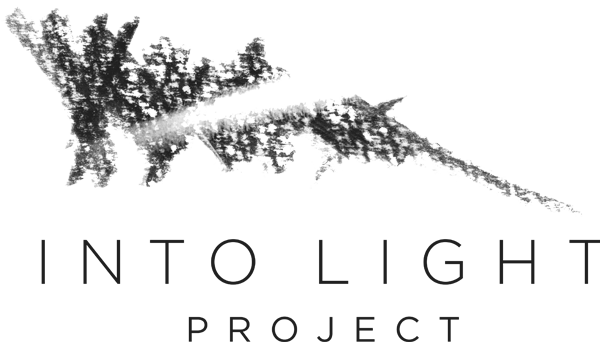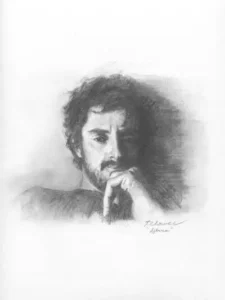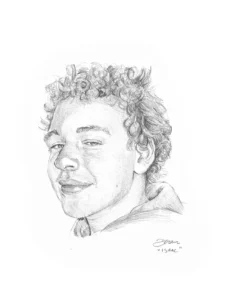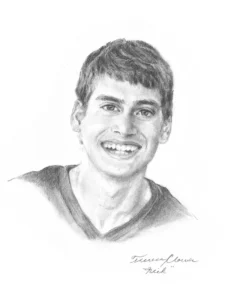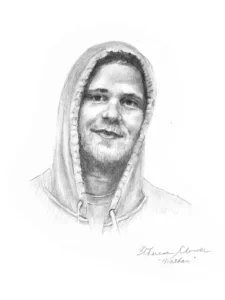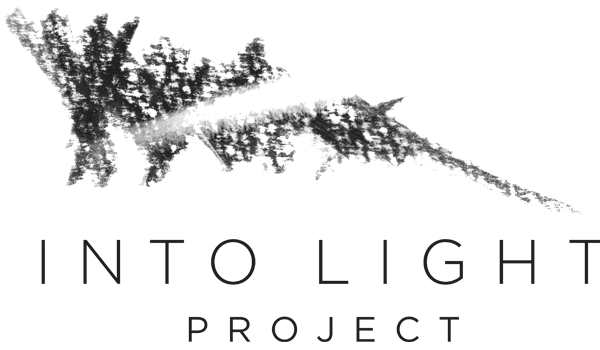Funny, authentic, smart, unpredictable, insightful
Kristen was beautiful, funny, and skilled with words, but frequently doubted herself. The only time these insecurities faded into the background was when her loved ones needed help. Once, when an enormous dock spider slipped into her and her friend’s canoe, she put aside her own fears and smashed it with her oar. When another friend broke her collarbone in the woods without any way to call for help, Kristen guided her to safety. Even when she felt most unsure of herself, she still held her mother Rosie’s hands, comforting her, while they chatted on the couch. Her older brother, Tyler, was one of the few who understood Kristen’s bravery to be a labor of love.
Though intelligent and insightful, Kristen struggled with traditional learning. She had difficulty sitting still and focusing. An exception to this was discovered on a family vacation to St. Martin. Fascinated by the island women’s hair, six-year-old Kristen sat for three hours while a woman styled her hair to be like theirs. “Kristen was so entranced and determined that she sat like a statue while this lovely woman braided and beaded her hair,” Rosie recalled. “This little girl, who couldn’t sit still for anything, had that capacity when it was something important to her.” School was, unfortunately, not one of those important things. It was her ‘nemesis.’ Repeated evaluations throughout her childhood returned mixed results, and the school only admitted that Kristen required academic support, including for ADHD, after she reached middle school. By that time, it was too late.
Not long after, Kristen’s sense of stability was shaken by her parents’ divorce. In a quick and brutal series of events, she lost contact with multiple people in her support system, as well as her trust in many of them. She was adrift in a world that she did not understand and that did not care to understand her. This was the catalyst to her drug usage.
Addiction took Kristen unforgivingly. Though she attended many recovery programs over the next six years, they were ineffective. Multiple discouraging relapses made her distrustful of these programs. Her behavior became volatile and chaotic. Legal issues arose. Rosie tried to understand what her daughter was fighting against, but their relationship grew increasingly strained. Kristen attended one final recovery home that did not allow medication-assisted treatment. It was meant to be short-term while she awaited higher-level care. One evening, she signed herself out to meet a friend. She overdosed that same night.
Without Kristen, Rosie and Tyler’s lives took on a sudden calm–and emptiness. While there were no midnight worries about the car or Rosie’s bank account, there were also none of the joys Kristen brought. There were no Vice documentaries discussed over Kristen’s homemade smoothies. There was no one playing with their pets, Pierre and Mittens. There was no one to hold Rosie’s hand.
“I think about my daughter constantly, how much I deeply miss her and love her,” Rosie said. “I think about how the perception that loss gets easier with time really misses the mark. I think it gets more familiar. I’m more resigned to accepting that Kristen is gone. My missing her has only grown. I think the chaos and fury from her disease initially brought a sense of calm that I hadn’t experienced in so many years, and I was in a kind of stupor. Now I just yearn for her voice and the opportunity to speak to her.”
Kristen’s mother, Rosie Patterson, provided the information for this narrative.
September 27, 1995-September 19, 2018–Age 22
Portrait Artist: Theresa Clower
Narrative Writer: Angela Day
